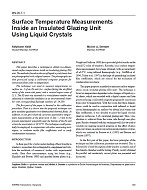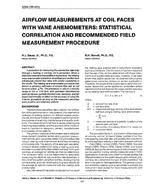This paper presents the results of combined economic and computational study of different integrated passive and active design strategies forthe Jordanian residential building sector. A representative house prototype, located in Amman is selected as a case study for the zero energy designand performance objective. The aim of the study is to investigate the potential of achieving thermal comfort and delivering thermal and electricalenergy demands for existing buildings on site for different Jordanian Cities. Jordan has a semi-arid climate with an annual total irradiation above2000 bankable kWh/m² per year with approximately 2000 hours of full sunshine. Therefore, different passive and active design strategies arediscussed and compared to reach an annual net zero energy demand for the existing building stock. In order to achieve zero energy buildings certainstrategies are examined. For example, internal loads reduction, envelope insulation in addition to the installation of solar water heater andphotovoltaic. Based on a month-by–month demand analysis, internal loads and envelope performance are analyzed in order to explore the existingeconomical potential. Simulation software DesignBuilder is used to examine the strategies proposed to achieve annual net zero energy performancefor a prototype. The final result of this study compares the potential and constraints of each strategy and assesses them based on economicalfeasibility. For the considered location and weather conditions the prototype can provide thermal comfort for occupants and meets the zero energyobjectives. The research also proofs that some strategies are cost effective rewarding with a payback period ranging from 3 to 9 years.
Citation: First International Conference on Energy and Indoor Environment for Hot Climates, Doha, Qatar, February 2014
Product Details
- Published:
- 2014
- Number of Pages:
- 9
- File Size:
- 1 file , 2.8 MB
- Product Code(s):
- D-2014FICEConf-4-2


